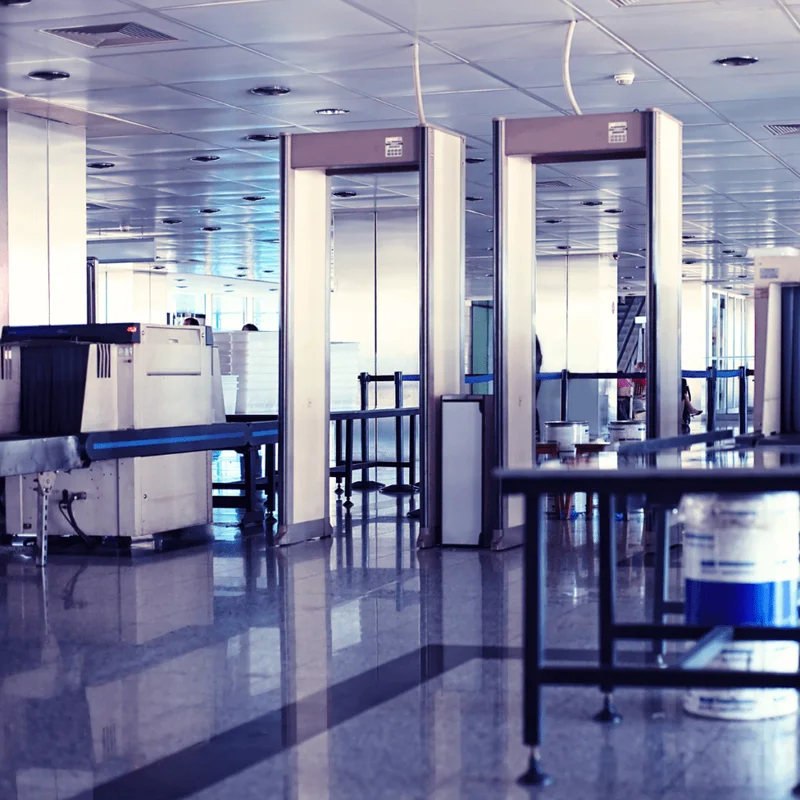Let’s be honest. There is no modern ritual more universally soul-crushing than the airport security line. The slow, shuffling march toward a series of gray plastic bins. The fumbling for laptops, the de-shoeing, the awkward pat-downs. It’s a process designed for friction, a necessary evil that we’ve all come to accept as the price of admission to the skies. For years, programs like TSA PreCheck have been a welcome bandage on this wound, a fast pass that lets a trusted few keep their shoes on and laptops packed. And it works—in April 2024, 99% of PreCheck passengers waited less than 10 minutes.
But what if I told you the bandage is about to be replaced by a cure? What if the entire concept of the security line—the physical queue, the presentation of documents, the manual verification—is on the verge of becoming a relic? This isn’t science fiction. It’s happening right now, in quiet pilot programs at airports across the country, and it’s called Touchless ID. It's a technology that allows you to Skip the TSA Line: Airports Use Your Face as Your Boarding Pass, and it represents a paradigm shift so profound that we’re all completely underestimating its impact.
The idea behind TSA PreCheck’s Touchless ID is deceptively simple. Instead of handing a TSA agent your boarding pass and your driver’s license, you just… look at a camera. That’s it. In that instant, facial recognition technology verifies you are who you say you are by matching your face to the photo on file with the government, like your passport picture. This uses biometrics—in simpler terms, it’s technology that recognizes you based on your unique physical characteristics. When I first saw the demo of this in action, I honestly just sat back in my chair, speechless. It wasn't just the speed; it was the elegance. The friction was just… gone.
We are witnessing the fundamental transition from an identity system based on what you have to one based on who you are. For all of human history, your identity has been tied to a physical token—a clay tablet, a wax-sealed parchment, a passport book, a plastic card. Your ability to move, to transact, to exist in society depended on possessing and presenting these objects. Touchless ID is the beginning of the end for that entire model.
Think about the leap from paper airline tickets to e-tickets on your phone. It felt like magic at first, didn't it? Suddenly, a cumbersome booklet was replaced by a simple barcode. We traded a physical object for a piece of data. Now, we’re about to make the next great leap: trading the data on a device for the data that is you. Your face, your eyes, your fingerprint—these become the keys. What does a world look like when your identity is seamlessly, securely, and biologically integrated into your person?

This is so much bigger than just skipping the line at LAX. The implications are staggering—it means the gap between a world of clumsy verification and one of instant, passive authentication is closing faster than we can even comprehend. Imagine walking into your office building without ever swiping a badge. Imagine paying for groceries with a glance. Imagine logging into your computer just by sitting in front of it. This isn't just about convenience; it's about reclaiming countless moments of cognitive load and friction that we endure every single day.
Of course, this is the moment where the alarm bells of privacy start ringing for many, and they should. The potential for misuse of biometric data is real, and we have to approach this with our eyes wide open. But this is not an insurmountable obstacle; it is a design challenge. We can, and we must, build systems with privacy at their core—systems where your biometric data is encrypted and controlled by you, not stored in some massive, hackable central database. The technology for decentralized identity exists. The question isn't whether we can do this safely, but whether we have the collective will to demand it.
Because the alternative is to be left behind. To cling to the old model of physical tokens is like insisting on using a horse and buggy after the invention of the automobile. The efficiency, security, and sheer elegance of biometric identity are too powerful to ignore. We are building a world where technology doesn't demand our attention but instead fades into the background, working silently to make our lives safer and more seamless.
Are you ready for a world where you don't need to prove who you are, because the world simply knows? What could you do with all the time and mental energy you'd get back?
This is the kind of breakthrough that reminds me why I got into this field in the first place. We're not just inventing gadgets; we're fundamentally redesigning the human experience. Getting rid of the airport security line isn't the goal. It's a beautiful, wonderful side effect. The real goal is to build a world where our identity is no longer a burden we must carry and present, but an intrinsic truth that sets us free. The future isn't a password or a plastic card. It's you.